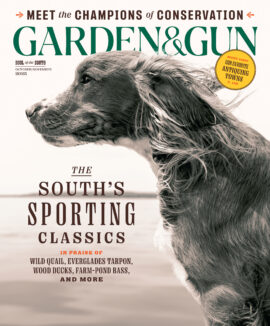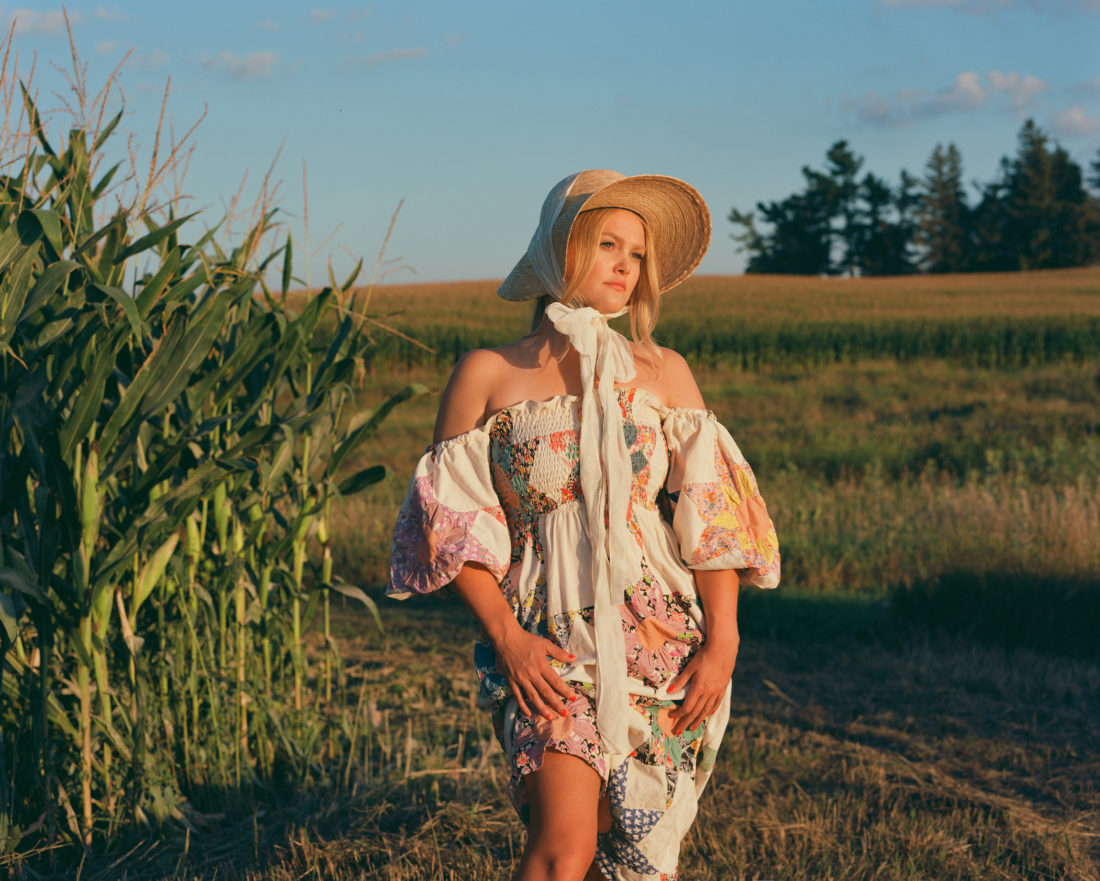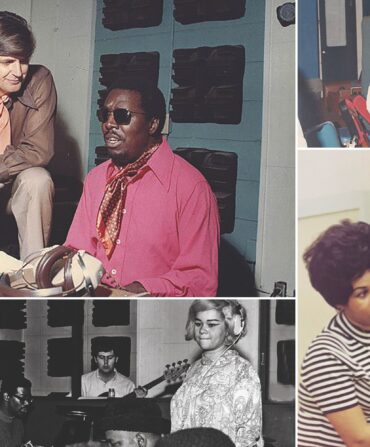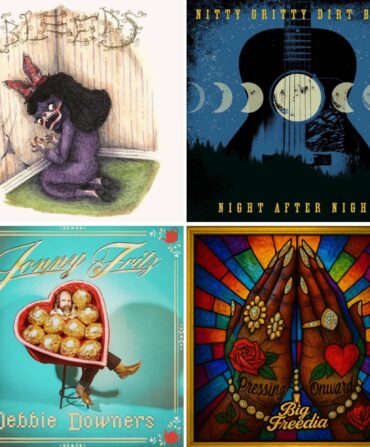When many fans first met Hailey Whitters two years ago, she was already a decade-plus into pursuing her songwriting dreams in Nashville. Sick of being passed over for traditional record deals, she released her breakout album, The Dream, on her own label—Pigasus, a reference to big dreams and flying pigs—winning over listeners with her wry insights about the long and uncertain road to stardom on “Ten-Year Town” and the down-to-earth life lessons of “Janice in the Hotel Bar.”
Since then, she’s played the Grand Ole Opry, signed a record deal, and even earned a Grammy nomination for her co-writing on Brandi Carlile and Alicia Keys’s “A Beautiful Noise.” But for all her Music City success, her new album—the seventeen-song standout Raised—takes the rising star to new heights by returning to the place that shaped her.
“In so many ways, this record is the prequel to The Dream,” Whitters says. The album centers around her experiences growing up in her rural Iowa hometown, Shueyville, and the family that raised her. “When I listen to Alan Jackson’s old records, he talks a lot about where he grew up and the things that influenced him there—the places, the people, the lifestyle,” she says. “That’s what this record does for me.”
G&G caught up with Whitters about the new album, the importance of community, and why coming from a big family prepared her for Nashville. Read the interview below. Raised is out now and available to order here.
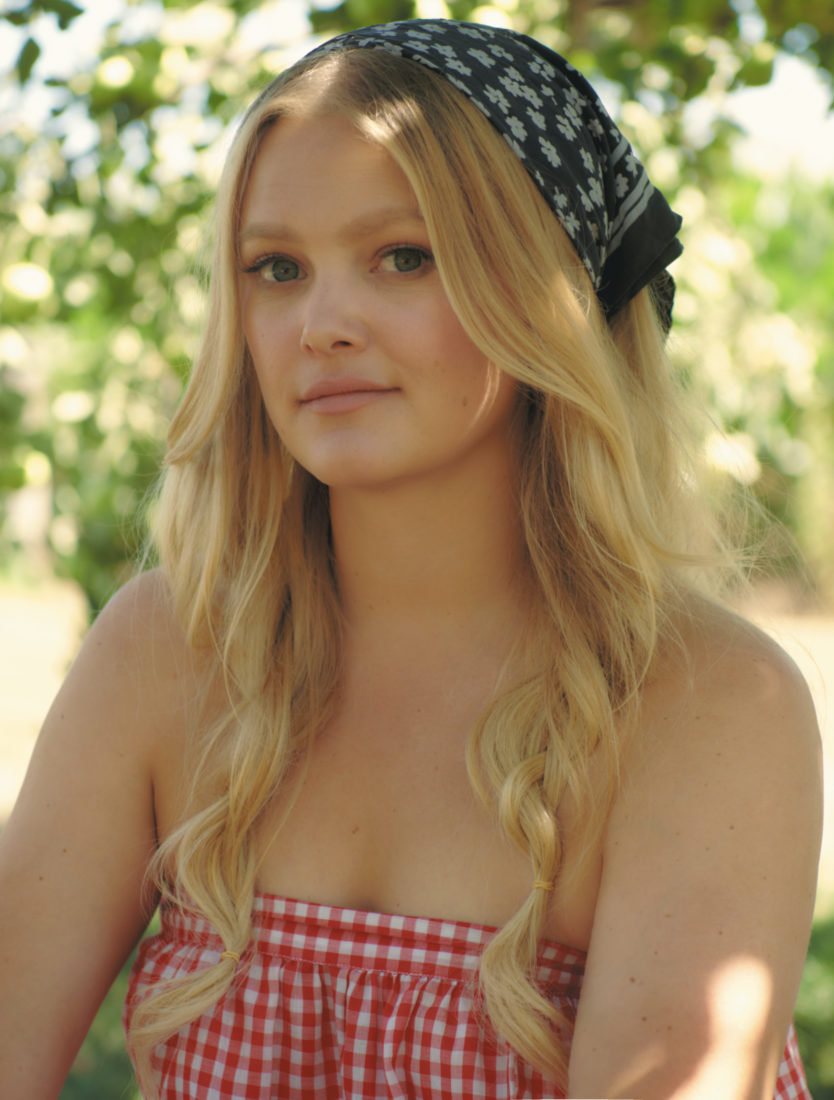
Raised finds such a strong sense of place in your hometown and upbringing. How did that emerge as a major theme?
I feel like “Heartland” [a track from The Dream] was the mustard seed that started the Raised concept. When I was in year ten of being in Nashville, I was looking back at friends from back home who were on baby number two—about to have three—buying a house, buying a boat, getting the promotion. There were all these milestones they were having. And I’m back to waiting tables. I’m not really where I wanted to be. I’m starting to have some serious doubts about my career path and where it’s headed. I found myself dreaming about my hometown and fantasizing about it—probably romanticizing a lot about it. I started to notice that a lot of the songs I was writing were taking place back there, and all of a sudden, we had a whole handful of songs.
You mention the milestones you saw your friends reaching. What milestone have you reached over the last few years that meant the most?
Getting to play the Grand Ole Opry. That was seriously huge for me. When I first moved to town, that was at the top of the list, if not the only thing on the list. The Grammy nom is absolutely insane—I don’t really think that’s sunk in for me yet. It still feels surreal. And signing a record deal, too. That’s very fresh and something that, a few years ago even, I thought might never be in the cards for me.
This is your first album with a label. What’s that been like for you?
When I put out The Dream, I had quit taking label meetings. I was feeling very deflated. It felt like it was still very hard to get the town to really take me seriously. So I started my own label and put out The Dream totally independently. I called it Pigasus records, and I was happily trucking this independent route. Right after that record had come out fully, Big Loud and Songs and Daughters approached me about signing a deal with them. They were very cognizant and respectful of this path that I built independently, and so when they approached me, it was more as a partner: “How can we help you take this to the next level?”
Now, everything that I release through them is still released through Pigasus, and then through Big Loud and Songs and Daughters. That’s totally unconventional. It’s not the way that the Nashville country music major-label industry works. That’s what made them such an intriguing partner: It wasn’t this big old machine that was stuck in its ways and traditions.
You’re not the first in your family to start a business. On Raised, “Our Grass Is Legal” takes its name from the motto of your grandfather’s sod company. What did you learn or inherit from him?
He had a farm back in the seventies and eighties, and my dad and all my uncles grew up working in the fields for him. He called himself the Grass Man, and some of the surrounding towns started calling and asking for pot. [Laughs] So he made his business motto: “Whitters Turf Farms: Our grass is legal.” My grandma gave me his old hat after he died, and I still have it. It’s an old trucker hat that’s still got a bunch of dirt stains on it, and it’s one of my most treasured possessions. He started a company and worked really hard to make it successful enough to sustain his family of nine kids and put food on the table for them and provide them opportunities—then, they all started their own companies.
I’m the first female entrepreneur in the family who’s struck out on her own. In that way, I really was influenced by him, and he inspired me to try and build something from the ground up—even nine hours away from our town, our community. He showed me how to work hard. I think that’s something that I learned from him and all of the people in my family, especially my dad and my uncles: Get out and bust your ass and try and make something of yourself.
You talk a lot about your aunts and uncles and the community they provided on the track “Big Family.” What did they think of that song?
The line “Learned how to dirty dance / when Aunt Tina drank too much wine” is 100 percent accurate. When I played her the song, she lit up like a Christmas tree and told me I was finally going to make it because I found a way to put her name in a song. [Laughs] She was very proud.
I grew up in a massive family. I mean, I’m one of six, Mom and Dad are each one of nine, and my grandpa’s one of fifteen. There’s this really special thing that my family used to do growing up: Everyone used to go to my great grandpa’s house after church on Sunday and bring a dish and sit around and eat and drink and just be together from noon until four or five on Sunday afternoon. That was so cool to me, the fact that everyone’s checking in, everyone’s seeing each other once a week. I think being from a big family has shaped so much of who I am, and my time here [in Nashville], even.
How so?
I’m a small fish in a big pond, and in some ways, that’s the same way it is in a big family. Everyone’s fighting to get a shot or fighting to get attention, and there are so many different perspectives. I always say we’ve got a horse of every color in my family. There ain’t a personality that we don’t have—we got one of everything. It taught me to treat everybody with respect, with kindness.
You’re no different from anyone else. You’re not special. Treat people good and look out for each other. Take care of the people you love. Your friends, your family, your neighbor—if they need some help, help them out.

